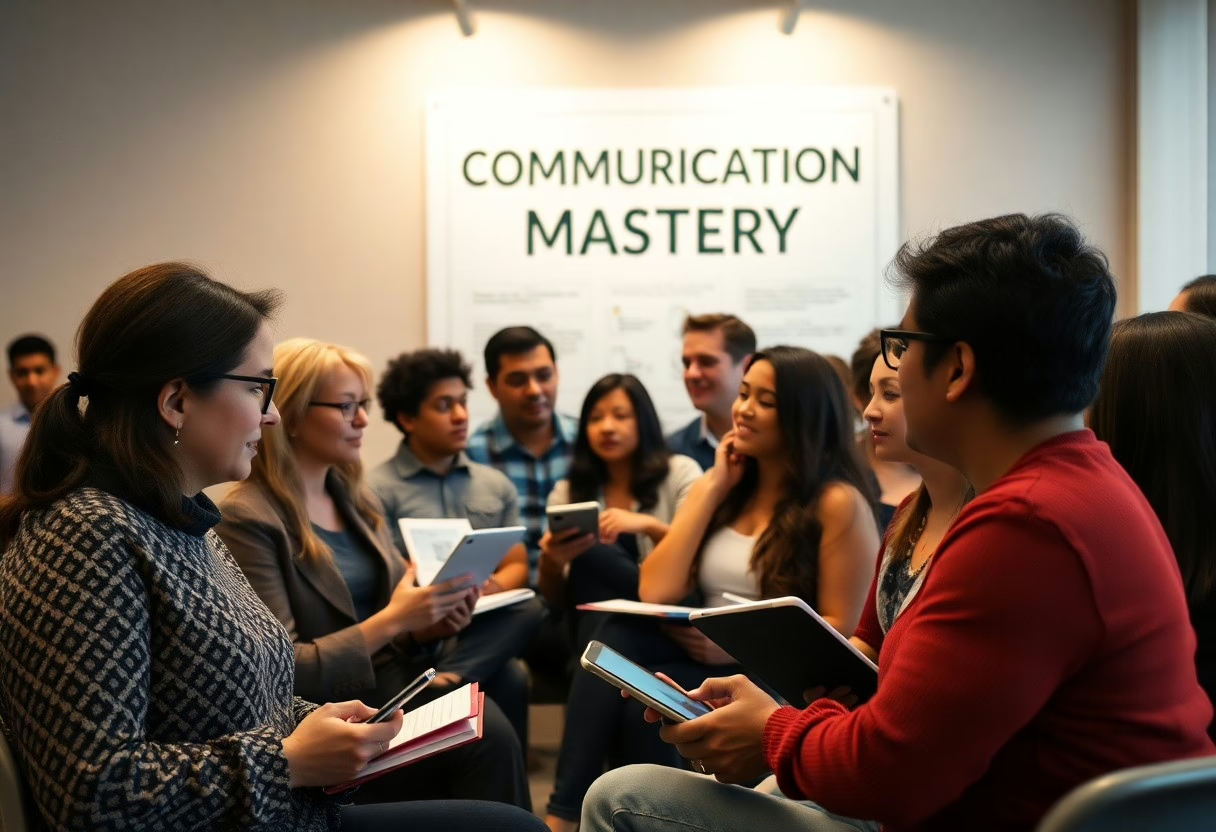Mastering vital life skills by the time you turn 40 can significantly enhance your personal and professional growth. These skills not only contribute to your independence but also prepare you to navigate various challenges with confidence. From financial literacy to effective communication, each of these abilities plays a vital role in shaping your future. You’ll discover the key life skills you should prioritize, ensuring you’re equipped to handle the demands of modern life as you transition into your next chapter.
Navigating Personal Finances: Building a Solid Foundation
Understanding the ins and outs of savings, investments, and budgeting is vital to achieving your financial goals. From setting financial goals to tracking your spending habits, mastering these skills can help you avoid debt, build wealth, and ultimately secure your financial future. Balancing your income and expenses not only helps you gain control over your finances but also instills confidence in your ability to manage your money effectively.
Creating an effective budget begins with monitoring your income and expenses. Utilize tools like mobile apps or simple spreadsheets to categorize your spending, allowing you to identify areas for improvement. Consider implementing the 50/30/20 rule: allocate 50% of your income for essentials, 30% for discretionary spending, and 20% for savings or debt repayment. This straightforward method offers a manageable structure, ensuring you live within your means while making progress toward your financial goals.
Your credit score significantly impacts your financial life, influencing everything from loan approvals to interest rates. A good credit score (typically 700 and above) not only opens more doors but also saves you thousands over time through lower interest rates. Maintaining a good score requires responsible use of credit: pay bills on time, keep credit utilization below 30%, and regularly check your credit report for inaccuracies.
Communication Mastery: The Art of Connection
Building strong connections is rooted in your ability to communicate effectively. Mastering communication isn’t just about speaking but involves a complex interplay of listening, expressing thoughts clearly, and understanding non-verbal cues. When you refine these skills, you create opportunities for deeper relationships, professional success, and personal satisfaction.
Active listening goes beyond hearing words; it requires your full attention and engagement. By focusing on the speaker, providing feedback, and clarifying points, you create a space where open dialogue flourishes. This skill can improve your interactions personally and professionally, as it demonstrates respect and genuine interest in others’ perspectives.
Expressing your ideas with clarity is vital to effective communication. Choosing the right words and structuring your thoughts logically can make a significant difference in how your messages are received. A study by the National Communication Association highlights that clarity in communication can lead to better teamwork and higher productivity in workplaces. By breaking down your ideas into digestible parts and using relatable examples, you enhance your listener’s understanding.

Problem-Solving Strategies: Turning Challenges into Opportunities
Transforming challenges into opportunities is a vital skill that allows you to thrive amid adversity. To approach problems effectively, adopt a mindset that views setbacks as fertile ground for growth. This perspective enables you to analyze situations with clarity, identify root causes, and develop constructive solutions that propel you forward.
Engaging in creative thinking techniques can reveal unconventional solutions to everyday challenges. Utilizing brainstorming sessions, mind mapping, and role-playing can help you explore various perspectives and possibilities. Approaching a problem from the viewpoint of someone in a different industry can provide fresh insights, motivating you to think outside the box and implement innovative strategies.
To effectively analyze and overcome obstacles, utilize the “5 Whys” technique—asking “why” repeatedly until you reach the root cause of a problem. This approach allows you to dig deeper into the issue, moving beyond surface-level symptoms. Additionally, consider leveraging tools like SWOT analysis to assess strengths, weaknesses, opportunities, and threats associated with your challenges.
Time Management: Maximizing Productivity and Balance
Mastering time management empowers you to make the most of each day, striking a harmonious balance between personal and professional commitments. With effective techniques, you can enhance productivity while reducing stress. Essential skills include prioritizing tasks, goal setting, and using tools that streamline your workflow.
Sorting your tasks by urgency and importance provides a framework for tackling responsibilities effectively. Start by categorizing tasks into four quadrants: urgent and important, important but not urgent, urgent but not important, and neither. By identifying high-priority items, you can focus on what truly matters, making progress toward your long-term goals while avoiding burnout on low-impact activities.
Using the SMART criteria—Specific, Measurable, Achievable, Relevant, Time-bound—can significantly enhance your goal-setting process. By aligning your goals with personal values and ensuring they are realistic, you’ll experience greater motivation and commitment. Take time to review your progress regularly, celebrating small victories that propel you forward.
Emotional Intelligence: Cultivating Healthy Relationships
Developing emotional intelligence is key to fostering and maintaining healthy relationships. It involves understanding your own emotions and those of others, which enhances communication, reduces conflict, and builds a supportive environment. By honing these skills, you can create deep connections with friends, family, and colleagues.
Identifying your emotions is the first step toward effective emotional management. Take note of how you feel in various situations, recognizing triggers that elicit strong reactions. By practicing mindfulness and self-reflection, you can develop strategies to regulate your emotions, responding thoughtfully rather than reactively.
Empathy and compassion are essential for meaningful connections. Being able to put yourself in someone else’s shoes not only enhances your understanding of their feelings but also fosters an environment of support and kindness. Research shows that empathetic individuals tend to have more fulfilling relationships and better overall well-being, proving the long-term benefits of prioritizing empathy and compassion in your life.
Conclusion
Mastering essential life skills before reaching 40 can significantly enhance your personal and professional life. Skills such as financial literacy, effective communication, problem-solving, and emotional intelligence are vital as you navigate various life stages. Investing time in developing these abilities not only prepares you for challenges but also enriches your relationships and boosts your confidence. As you embrace these skills, you’ll find yourself better equipped to lead a fulfilling and successful life, ultimately paving the way for a brighter future.


